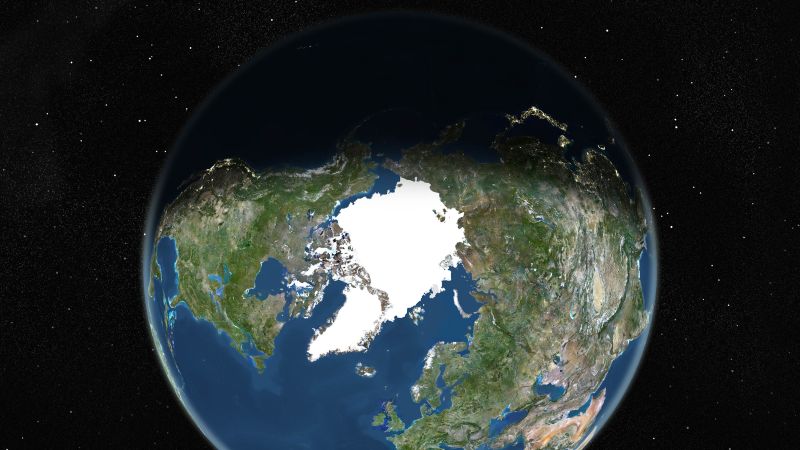
In recent years, a fascinating phenomenon has emerged as a result of human-driven climate change: the lengthening of Earth's days. This intriguing development is due to the melting polar ice caps and their impact on our planet's rotation.
According to multiple studies published in reputable sources such as The Washington Post, France24, The Guardian, ABC News, and Proceedings of the National Academy of Sciences,
The melting ice sheets at both the North and South Poles are causing Earth's spin to slow down. This is because water redistributes mass around the planet when it melts from polar ice caps. As more mass accumulates near the equator, Earth takes longer to complete one rotation, resulting in a lengthening of days.
This effect has been observed for decades but has recently accelerated due to human-caused climate change. For instance, between 1900 and 2000, the length of a day increased by approximately 1 millisecond per century. However, since around 2000, this rate has more than doubled to about 2 milliseconds per century.
The implications of this phenomenon are far-reaching. For one, it could potentially disrupt various systems that rely on precise timekeeping and measurement, such as GPS navigation and financial transactions. Moreover, the change in Earth's rotation may require a negative leap second in Coordinated Universal Time (UTC) to maintain accuracy.
As we move forward into the 21st century, it is crucial to remain informed about these changes and their potential consequences. By staying up-to-date on scientific findings and advancements, we can better understand our world and adapt to the challenges that come with it.








